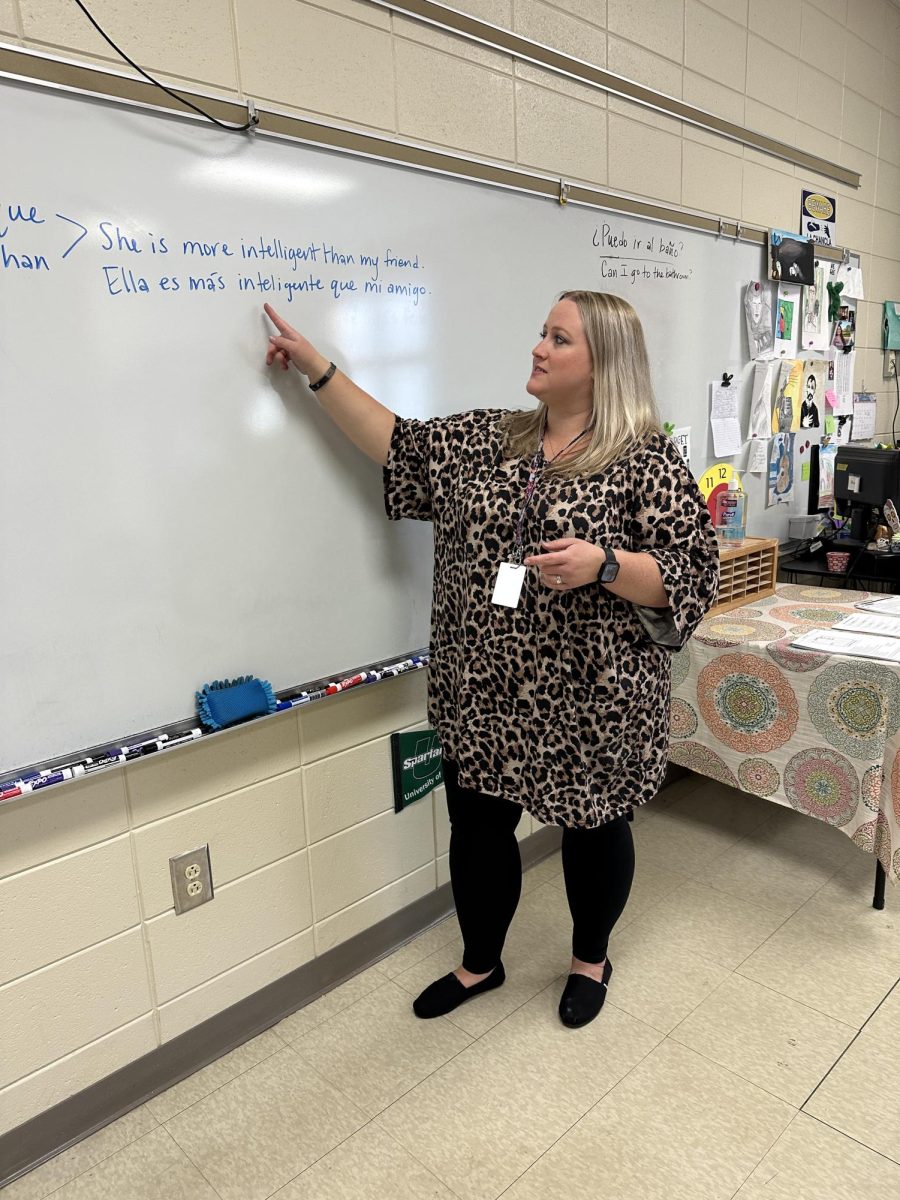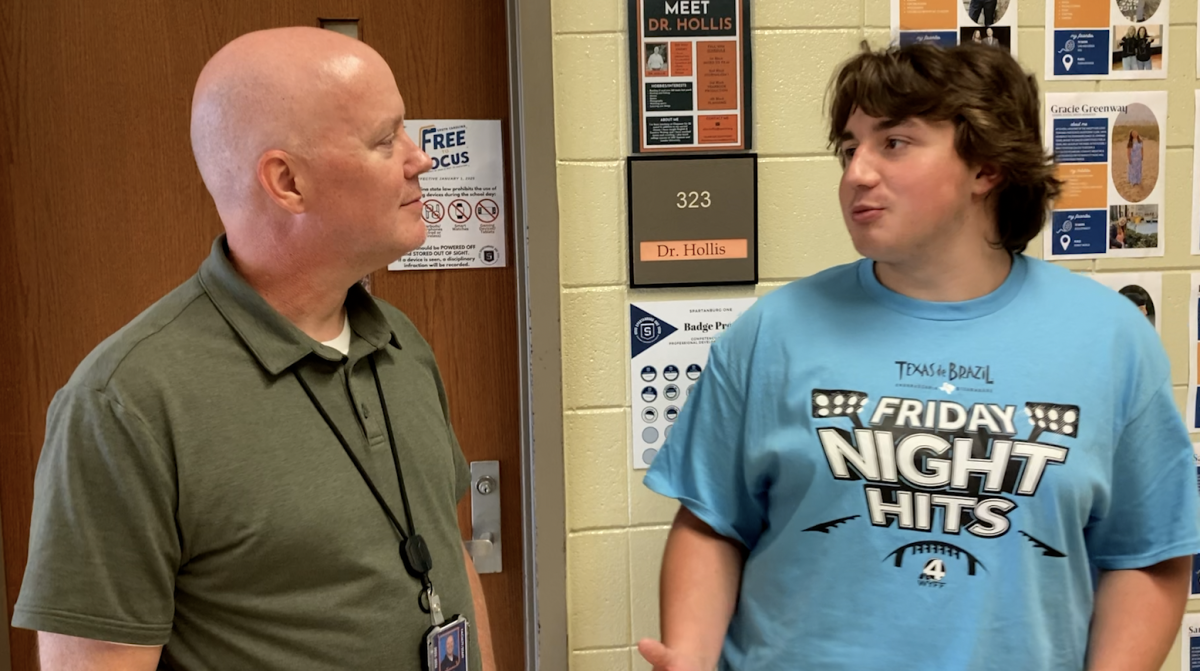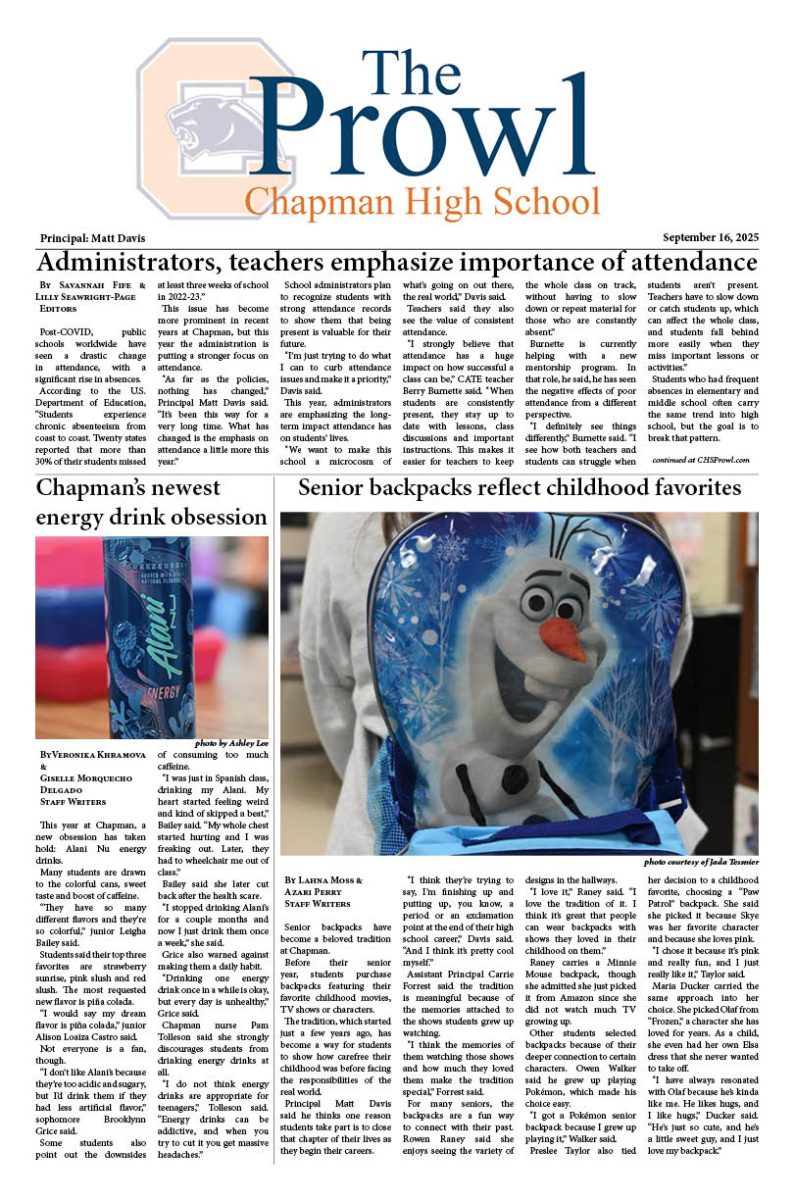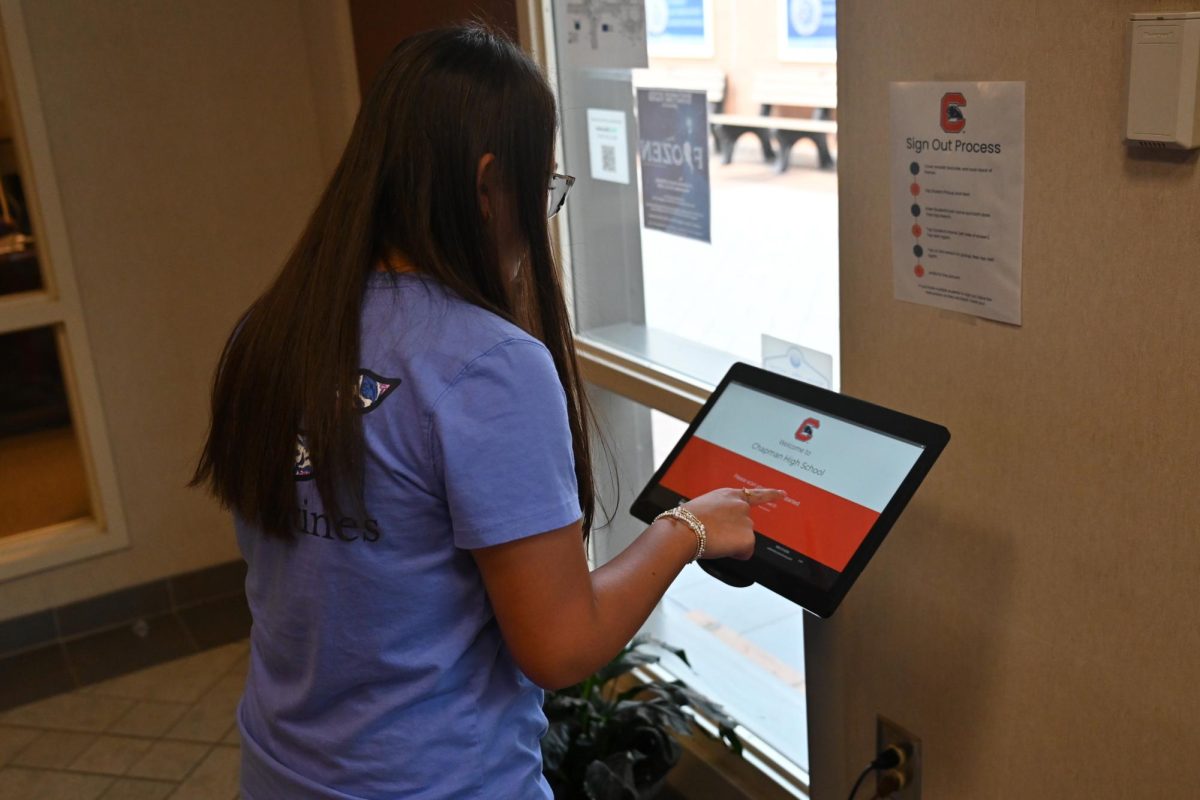As our community grows, knowing how to speak Spanish will be vital to get around. Thankfully South Carolina and Chapman require all students to take at least two Spanish credits to graduate.
“One of the reasons students get discouraged in languages is the lack of patience with language learning,” Spanish teacher three Amanda Coates said. “We would love to be able to click a button and be fluent, but it takes time to become proficient.”
Being fluent in Spanish can open up more job opportunities than it would for a monolingual person. A few jobs include teacher, interpreter/translator, customer service representative, sales professional, medical professional, law enforcement professional, social worker, writer and many more.
“Not every job requires you to know Spanish but if you know Spanish it can be a significant competitive advantage that sets you apart from your monolingual peers,” Spanish teacher Adela Trejo said. “The demand for bilingual professionals is rising exponentially.”
But other than in a professional setting knowing Spanish can be used in social settings.
“I have served as the group interpreter on 2 different mission trips to Nicaragua with my church,” Coates said.
Twenty-one countries have Spanish as their official language but there are several other countries where the majority of people speak Spanish.
And even if a student didn’t want to travel, the U.S. is ranked the fifth largest Spanish-speaking country, with approximately 40 million people living here. Consequently, they are the largest minority in the U.S., so a student will eventually find themselves in a position where they will need to understand Spanish.
“Students should learn Spanish so that they can learn how to communicate with Spanish speakers in their school and learn to appreciate and recognize the Hispanic culture,” Spanish teacher Chelsi Lowe said. “It is important to be exposed to different cultures to better understand different types of people and what’s important to them and to respect their differences.”







